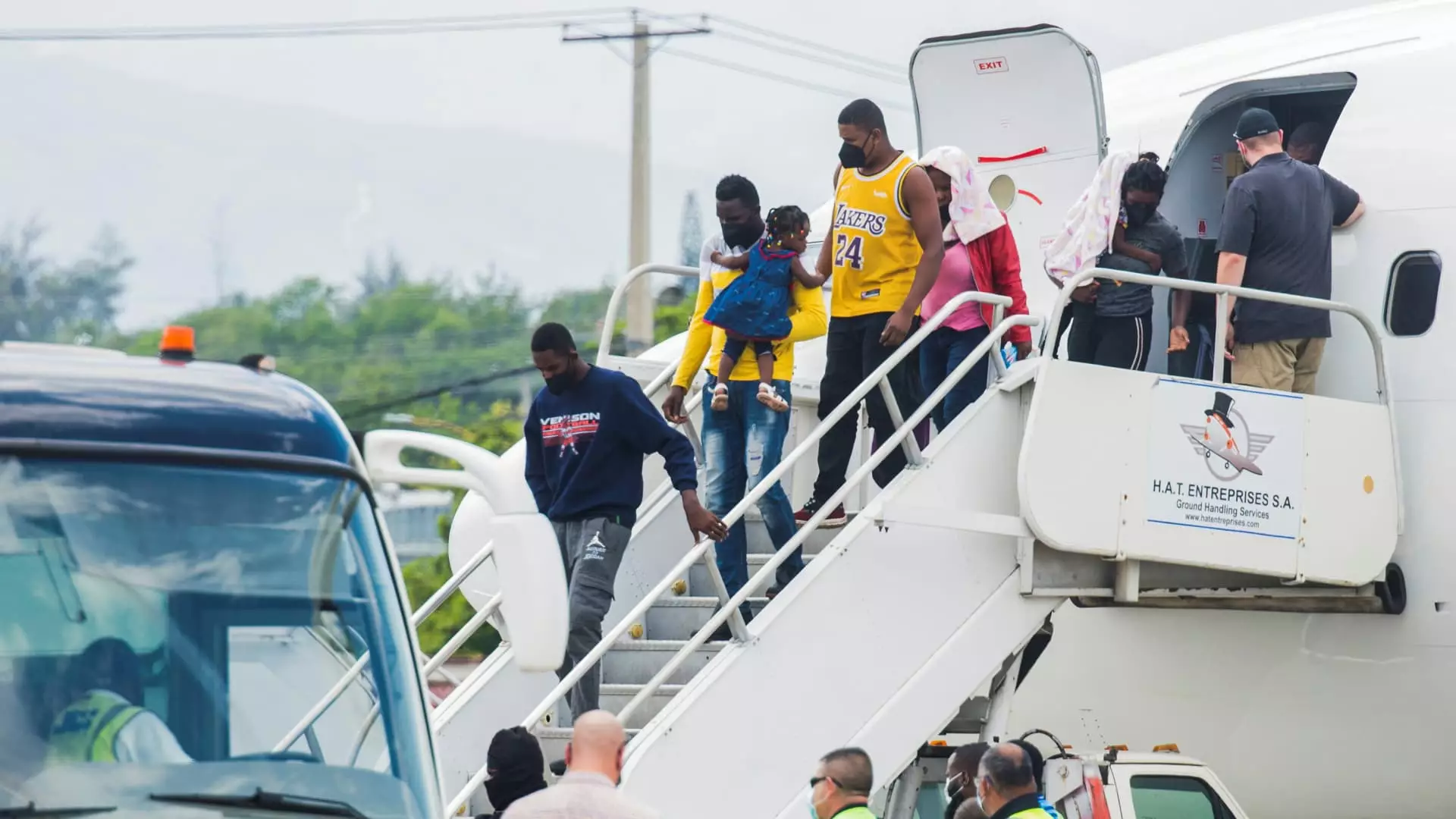The recent revocation of Temporary Protected Status (TPS) for Haitian immigrants marks a significant shift in U.S. immigration policy, reflecting the complexities and challenges that arise when intertwining humanitarian needs with political agendas. The cancellation comes as a response to longstanding issues surrounding TPS, itself a program designed to provide relief to individuals from countries facing dire circumstances. This article examines the implications of the decision, the history of TPS, and the broader conversation about immigration policy in the context of humanitarian crises.
TPS was established to grant temporary relief to individuals unable to return to their home countries due to extraordinary conditions—be it natural disasters, ongoing conflict, or political instability. Haiti, which has faced multiple crises including the catastrophic earthquake in 2010 and significant political turmoil since, presents a relevant case for TPS. The program allowed Haitians in the U.S. to live and work legally while conditions in their home country improved. Yet, the intricacies of U.S. political environments significantly influence its continuity.
Originally extended to Haitians post-earthquake, TPS has seen renewals and extensions designed to adapt to ever-evolving circumstances in Haiti. As of June 2023, just ahead of the latest policy shift, the Biden administration made a noteworthy decision to extend TPS protections until February 2026. However, this provision was abruptly revoked by the Department of Homeland Security, a move reminiscent of prior administrative challenges and policy discontinuities, particularly seen during the Trump administration’s take on immigration.
The abrupt cancellation of TPS is estimated to affect approximately 520,694 Haitians, many of whom have established lives in the U.S. Since the program’s inception, these individuals have contributed to various sectors, from healthcare to construction, highlighting their integral role in American society. This policy shift leaves them vulnerable, even as violence and chaos continue to permeate Haiti.
Figures from the United Nations underscore the gravity of the situation—gang violence claimed the lives of over 5,600 people in Haiti during the previous year. The violence is reportedly indiscriminate, targeting individuals based on arbitrary accusations. The ramifications of deporting individuals to such an environment prompt serious ethical and humanitarian considerations, as it could place deportees in life-threatening situations.
Advocacy groups are vocal against the decision, citing that it is not merely a bureaucratic change but one that strips stability and security from families who have cultivated their lives in the United States. This perspective resonates with many who view the cancellation as a political maneuver devoid of empathy or regard for the humanitarian crises occurring abroad.
Homeland Security Secretary Kristi Noem’s comments pinpoint the political undercurrents at play. Describing the extension of TPS as a maneuver to limit the powers of the Trump administration, she reinforces a sentiment of political tit-for-tat that has characterized U.S. immigration discussions for years. The insistence on a return to “temporary” status disregards the pressing realities facing Haitians. Such political rhetoric often overshadows the human dimension of immigration policy.
The question arises: should immigration policy prioritize political agendas or humanitarian needs? The revocation of TPS raises critical questions about the balance of these two forces and reflects a broader discourse on immigration in America. When discussions about security evolve into narratives of exclusion or punishment, the potential for compassion diminishes, leaving vulnerable groups in precarious situations.
The latest developments surrounding TPS for Haitians represent a wider pattern of immigration policy that prioritizes shifting political narratives at the cost of human lives. Strong advocacy is essential for reforming these policies to ensure that they are rooted in empathy and a genuine understanding of the circumstances facing people in crises. As the U.S. navigates its immigration landscape, it is crucial to remember the human stories behind the statistics and to strive for a compassionate approach that acknowledges the dignity and contributions of all individuals seeking refuge. The balance of political strategy and humanitarian responsibility must prevail to ensure the well-being of those who continue to call the U.S. home.

